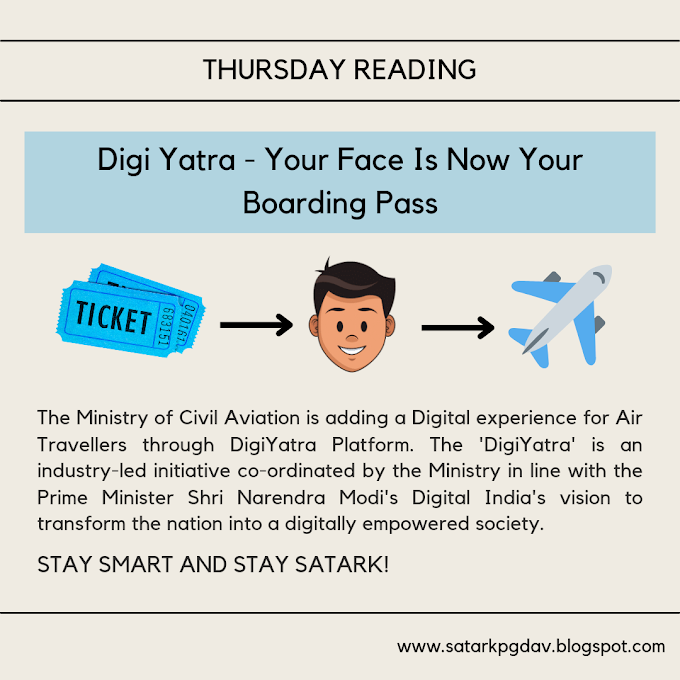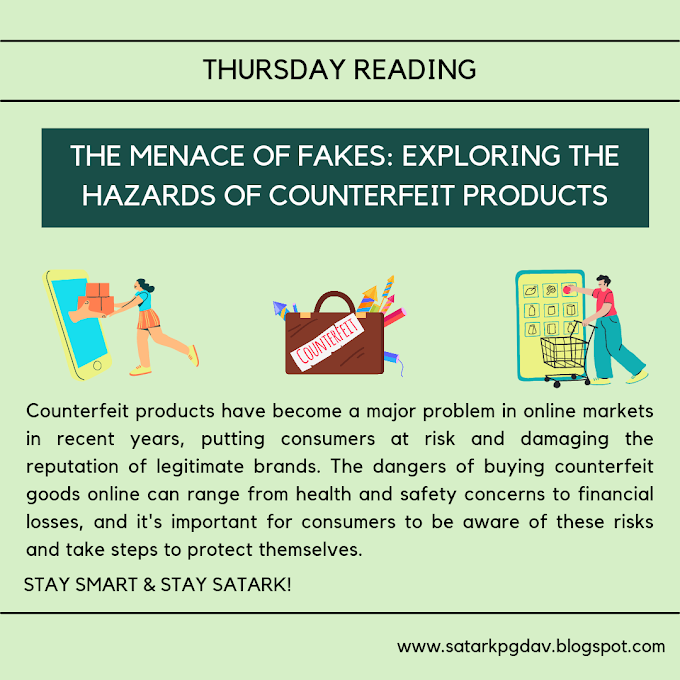Sounds familiar?
Social media is no longer just a place to connect with friends. It’s a space that entertains, influences and sells all at once. But here’s the real question:- Is social media making us smarter consumers, or just easier to manipulate?
When Information Turns Into Influence
There’s no denying that social media has made us more aware. We can compare prices, read reviews and learn about sustainable or cruelty-free products. Information is just a click away.
But while these platforms inform us, they also study us. Every click, like and scroll becomes data and that data decides what we see next.
So yes, we know more than ever before. But social media also knows us more than ever before. It knows when we’re bored, happy, or stressed and uses that knowledge to quietly suggest what we might “need.”
And before we realize it, we’ve turned our feelings into purchases.
The Myth of “Smart” Shopping
We love to think we make smart, independent choices. We say, “I only buy what I really need.” But then, just when you’re tired after a long day or going through a rough week, an ad pops up for something that promises comfort or confidence and suddenly it feels irresistible.
That’s the trick. Social media doesn’t just sell products; it sells emotions. It convinces us that what we’re buying isn’t just an object, it’s happiness, self-care, or belonging.
That’s why it works so well. It doesn’t lie; it simply tells us what we already want to believe.
Smarter Consumers or Smarter Marketing?
It’s true that social media has made us more informed consumers. We’ve learned to check reviews, identify paid promotions and question exaggerated claims. Brands today can’t get away with false advertising as easily as they once could.
But while we’ve grown smarter, marketers have too. Instead of saying “Buy this,” they now tell a story :- “Here’s how this changed my life.” They use real people instead of models, making their promotions feel honest and relatable.
It feels like advice from a friend, but in reality, it’s marketing in disguise. This is not direct manipulation; it’s influence that feels natural.
More Than Just Products
On social media, consumerism isn’t only about shopping. It’s about the ideas, lifestyles and identities we consume. Every trend subtly tells us what kind of person we should be:- productive, confident, fit, stylish and constantly improving.
This endless comparison makes us believe we’re always one step behind. We keep thinking that one more product, one more upgrade, or one more change will finally make us “enough.”
That’s how social media keeps us hooked, not just buying things, but buying into ideas. It shapes how we think, behave and even dream.
The Feelings Behind Every Click
Social media works by triggering emotions like excitement, envy, validation and connection. When you see someone unboxing a product or showing off a “perfect” lifestyle, you might feel like you’re missing out.
That’s not an accident; it’s design. Algorithms push what keeps you watching and emotions keep you scrolling. It’s rarely the product that attracts you; it’s the feeling it promises.
How to Stay Smart Online
So, how can we stay aware in a space designed to influence us? The goal isn’t to stop using social media, but to use it more consciously.
Think Before You Buy:- Ask yourself, do I really need this, or was I made to want it?
Don’t Rush Decisions:- Wait a day before purchasing. “Limited time offers” often come back.
Trust Real Reviews:- Don’t rely only on reels or influencer videos. Check what real users say.
Follow Wisely:- Support creators who educate and stay honest, not those who oversell.
Remember Your Power:- Your clicks shape what you see. Be mindful of what you engage with.
A Generation That’s Learning Better
Our generation is not passive. We use social media to call out fake brands, promote sustainable products and support small businesses. We’ve turned conscious consumerism into a movement.
Social media can manipulate, but it can also empower. The difference lies in how we use it. Awareness doesn’t mean quitting these platforms; it means using them wisely.
Conclusion :- Smarter Screens Need Smarter Minds
Social media is like a mirror. It reflects what we want to see, but it can also distort reality. It’s not completely good or bad; it’s simply powerful.
The real challenge is not how fast we scroll, but how thoughtfully we do it. So, the next time your feed says, “This will change your life,” stop for a second and ask:- is it showing you what you want, or what it wants you to want?
Because the smartest consumer isn’t the one who knows everything; it’s the one who knows when to pause, think and choose for themselves.
Stay Smart ! Stay Satark !







7 Comments
Very informative
ReplyDeleteVery well written, loved the insight!
ReplyDeleteVery insightful
ReplyDeleteVery informative
ReplyDeleteReally well explained
ReplyDeleteWell written
ReplyDeleteVery well written
ReplyDelete